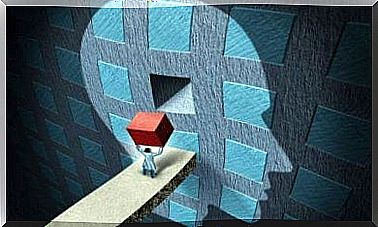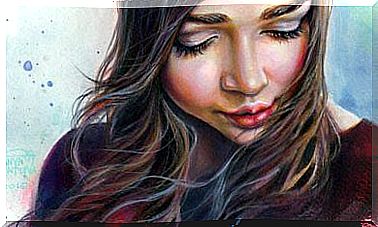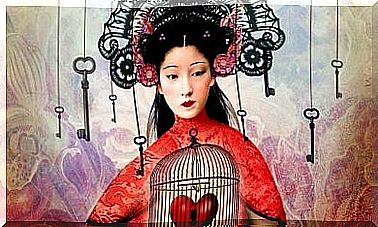Do You Know The Top 14 Symptoms Of Anxiety Attacks?
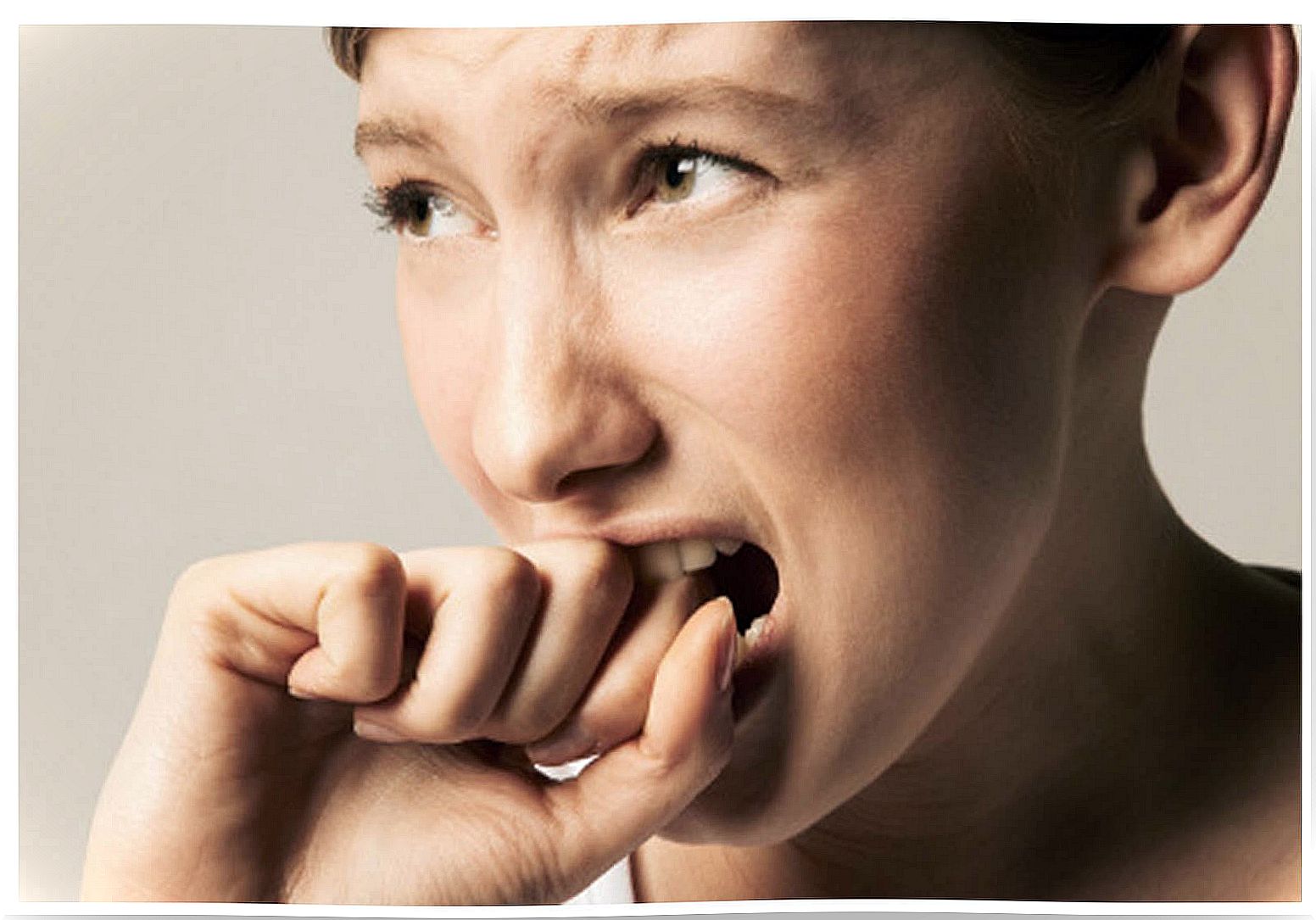
Anxiety turns everyday situations in which we can enjoy and learn into a real challenge. Being aware of its presence in our way of life is one of the first steps to minimize its symptoms and avoid the dreaded anxiety attacks.
Before continuing, remind you that when we find ourselves in a situation where we are living with anxiety, to overcome it it is necessary that the person does not focus on the symptoms. Your attention should be focused on more useful and practical aspects, such as carrying out constructive activities, practicing physical exercise, relaxation, etc.
The purpose is to prevent these symptoms from causing us anguish after having effectively recognized them. There will be some of them that you already experience and others that are not within them. As we all know we are biologically different, being able to react differently during anxiety attacks.
1. Feeling of choking and shortness of breath
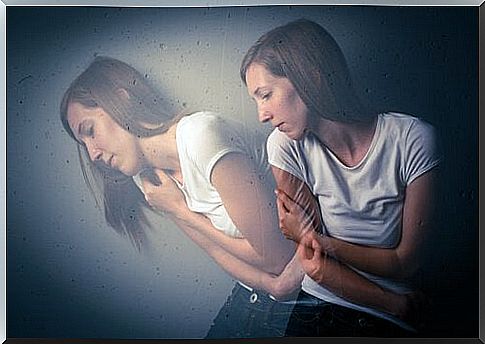
These sensations are some of the most distressing symptoms of anxiety attacks, since we have the perception that someone is choking us, for example, with a pillow. It is important to remember that this experience is only a sensation produced by exaggerated nerve impulses.
When you feel this sensation, it will be important to breathe deeply in a diaphragmatic way. When anxiety invades us, we begin to breathe with our chest and this is a shallow breath. By breathing with the diaphragm we relax the central nervous system.
2. Attacks of anxiety and chest pain
This discomfort is caused by muscle tension. Chest pains can be very scary, as the initial feeling for anyone suffering from an anxiety attack with chest pains is that they are dying of a heart attack.
To avoid this discomfort, you should follow the indication in the previous step, breathe deeply with your diaphragm.
3. Palpitations
Anxiety causes adrenaline levels to rise in the bloodstream, causing the heart to race. Something we are not very used to: a decreased heart rate is also a normal feature of anxiety.
When we feel our heart beating in a high way, it is best to stay still and breathe deeply. If the body remains still, the mind will tend to calm down. And if the mind calms down, the body will tend to stay wanting.
4. Pale skin
When we are under the influence of anxiety, the blood is diverted to the muscles during the “fight or flight ” response . We will return to normal when the body begins to normalize after the attack. When this happens, some people may become a little paler as usual.
5. Perspiration
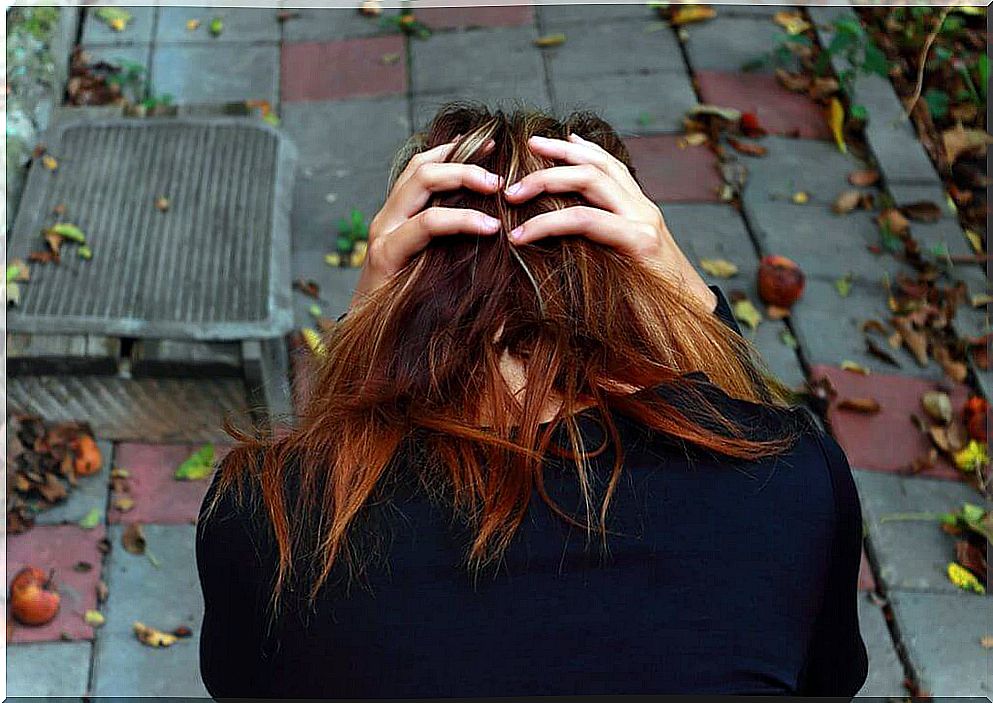
During periods of anxiety the body heats up as it prepares to flee or fight. To regain our body balance, we release sweat to try to lower the body temperature and balance it. It is normal.
6. Trembling and shaking
Trembling is a normal reaction to fear and / or a reduction in body temperature. When we suffer from anxiety it is very normal to experience tremors or chills. These will cease when the attack ends.
7. Pain in the shoulders and neck
These areas of the body are usually the first to tense up when we are stressed. The area of the face tends to harden due to body stiffness, later presenting muscle contractures.
The best solution is to go for a walk to relax and do some specific stretches. We can do stretching at home without difficulty. Even, from time to time, we can give ourselves a massage to relieve the tension accumulated in the area.
8. Digestive and stomach problems
Our digestive system is one of the areas where blood is used the most. Blood is sent to this area to absorb nutrients from the food we eat. During anxiety attacks, blood is diverted to the muscles to respond appropriately to the fight-flight state.
As a consequence of this, digestion slows down and the muscles around the stomach can become knotted. It will cause digestive problems such as indigestion, heartburn and diarrhea or constipation.
9. Skin rashes
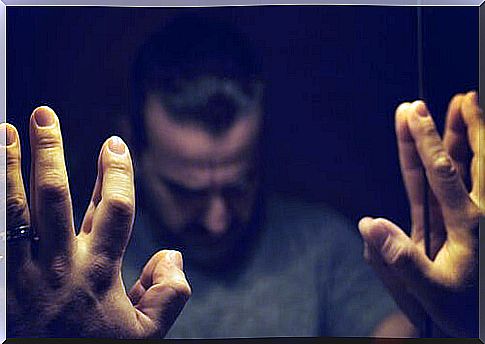
Very common symptoms of anxiety and stress are skin rashes, spots or dryness. Eczema can occur around the nose, cheeks, and forehead. These disappear when we start to feel better.
10. Weakness and tingling in the hands or feet
The fight or flight response we undergo is a very intense reaction with a profound effect on bodily sensations. Tingling is usually caused by a build-up of carbon dioxide in the blood in the extremities. These symptoms are not harmful, returning to normal with the help of light exercise.
11. Dry mouth
During anxiety, fluids are diverted to other parts of the body for use. Because of this, the mouth is more prone to drying out. To avoid this sensation, try drinking water to stay hydrated and lubricate your mouth. This symptom is not harmful and disappears when anxiety is overcome.
12. Insomnia

One of the most important and difficult effects of anxiety is insomnia : the inability to fall asleep or stay asleep. It is important to recover regular sleep patterns and schedules for our personal well-being and help eliminate anxiety in our day to day life.
If insomnia persists and we are unable to shut our eyes, it might be advisable to meditate a little before sleeping to relax the mind. Getting used to going to bed with a calm mind will help us fall asleep more easily.
13. Nightmares
The nightmare s often imitate what is happening in our daily lives. If we are relaxed and happy we will have positive and happy dreams. It is true that nightmares are unpleasant and harmless, but they can disrupt our sleep cycle. To avoid them, practice relaxation exercises during the day and before going to bed.
14. Irritability
People find ourselves most irritable when we feel tired or sick. One of the main causes of anger is sadness. Anger is a normal reaction to fear or fear, however, we should not get carried away by it. Stopping and analyzing the situation in depth will lead us to a more effective solution than letting ourselves be carried away by anger.
These are some of the most common symptoms of anxiety attacks, but there are others, such as fear of losing control, increased depression and suicidal thoughts, distorted vision, disturbed hearing, hormonal problems, headaches and in the eyes or agoraphobia.
I will not say goodbye without first sharing with you this interesting video with some guidelines to learn to care for and value yourself, thus avoiding anxiety :
